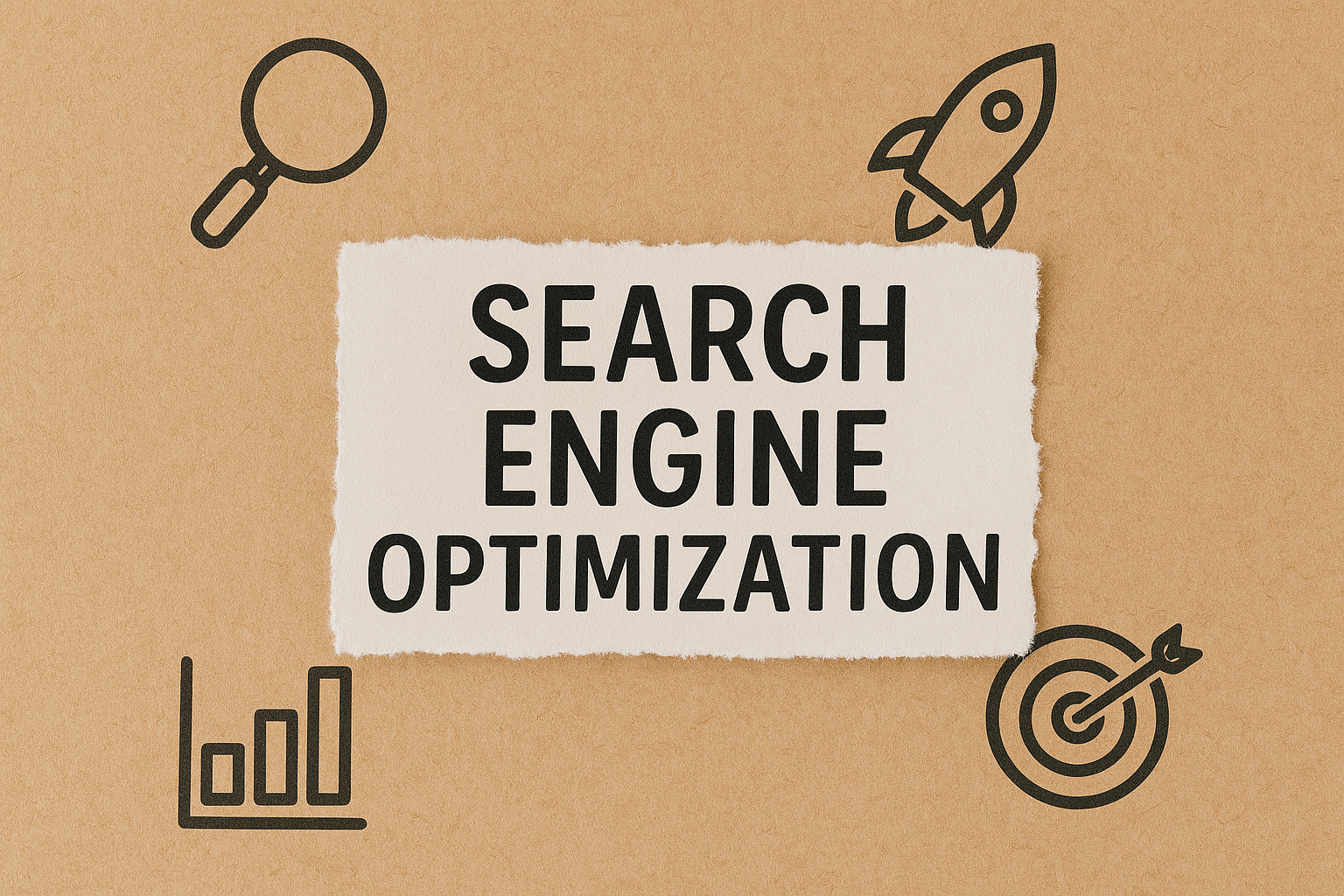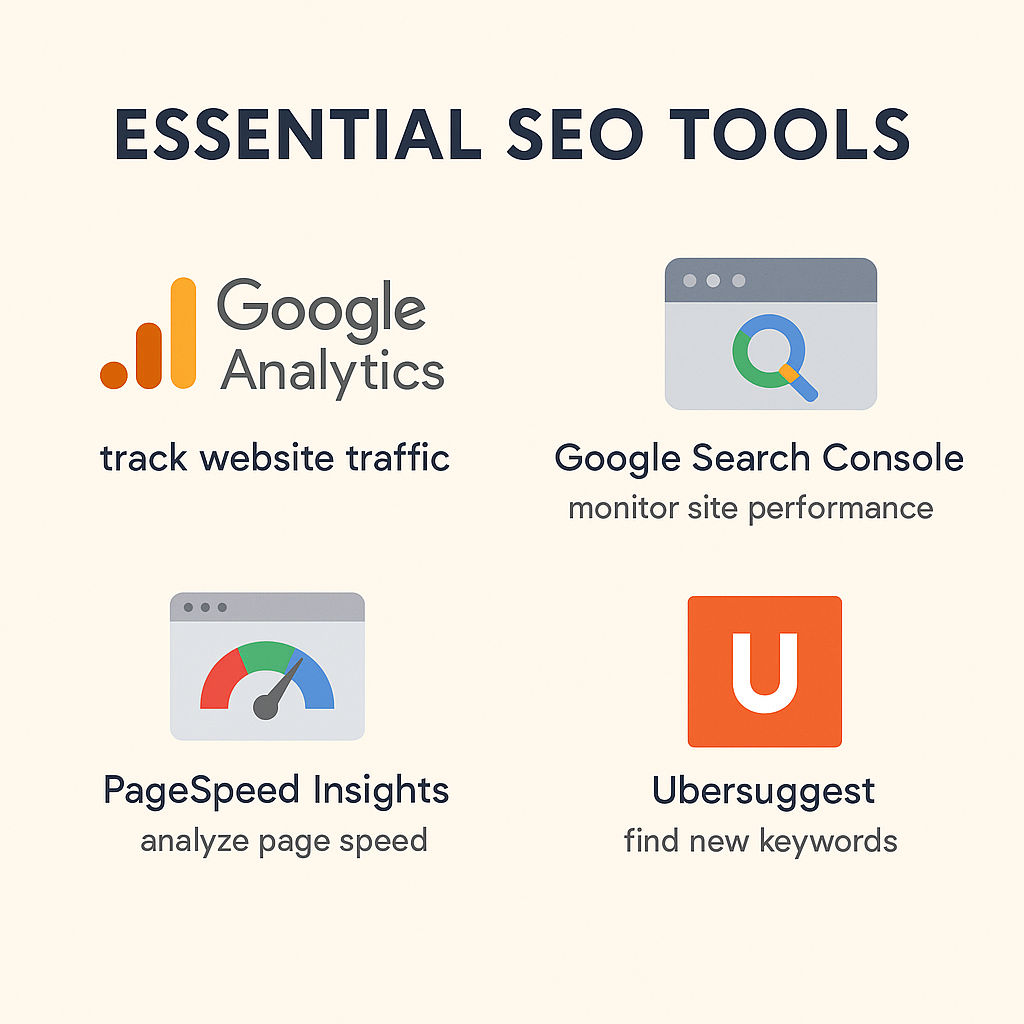If your customers can’t find you online, you’re missing out on sales—plain and simple. In today’s digital-first economy, search engines like Google are often the starting point for people looking for a service, product, or solution. That’s where Search Engine Optimization (SEO) comes in.
Whether you’re a local contractor, an eCommerce business, or a service provider, SEO helps your website show up when potential customers search for terms related to your offerings. Think of it as positioning your business on the digital map—right where people are already looking.
What Is SEO?
SEO stands for Search Engine Optimization. It’s the process of improving your website and online presence to appear higher in search engine results—especially Google, which handles over 90% of global searches.
SEO isn’t just one thing—it’s a combination of practices that include:
- Writing clear, helpful content that answers people’s questions
- Structuring your site so it’s easy to navigate
- Using keywords that your ideal customers actually search for
- Building trust with Google through reviews, backlinks, and technical performance
How Do Search Engines Work?
Search engines work in three steps:
- Crawling – Google “crawls” your website using bots that read your content and code.
- Indexing – It stores your pages in a massive database (index) so they can be retrieved later.
- Ranking – When someone searches, Google uses hundreds of factors to decide which pages appear first. Sites that are fast, relevant, trustworthy, and easy to use usually rank higher.
Why Should Business Owners Care About SEO?
Here’s why SEO is one of the smartest long-term investments you can make:
- It brings in warm leads. Unlike ads, SEO brings people who are already looking for what you offer.
- It builds credibility. Appearing on the first page of Google signals authority and trust.
- It keeps paying off. A well-optimized page can drive traffic for months or years with no additional cost.
- It’s measurable. With tools like Google Analytics and Search Console, you can track exactly what’s working.
Let’s look at a quick example:
A local HVAC company optimized its homepage and added service-specific landing pages. Within 6 months, organic traffic increased by 60%, and leads from Google searches doubled.
The Cost of Ignoring SEO
- You may rely too heavily on paid ads
- Competitors will outrank you, even with inferior services
- You’ll miss out on local and mobile traffic
- Potential customers may not even know you exist
How to Check Your Current Visibility (Right Now)
Want to know how visible your business is? Do this:
- Open Google in incognito mode.
- Search for terms your customers would use (e.g., “best [your service] in [your city]”).
- See if your website shows up on the first page.
If you’re not showing up—or don’t see your business at all—that’s a clear sign you need SEO.
Final Thoughts
SEO is not just about rankings—it’s about visibility, authority, and consistent business growth. It levels the playing field, helping small businesses compete with big brands online.

Try this quick test: Search for your top service and location on Google. If your business doesn’t show up on page 1, it’s time for an SEO strategy.
Need help? Reach out for a free SEO visibility check—we’ll tell you exactly where you stand and how to get ahead.



